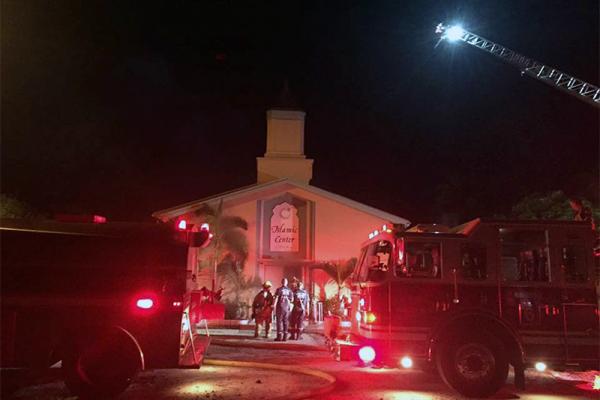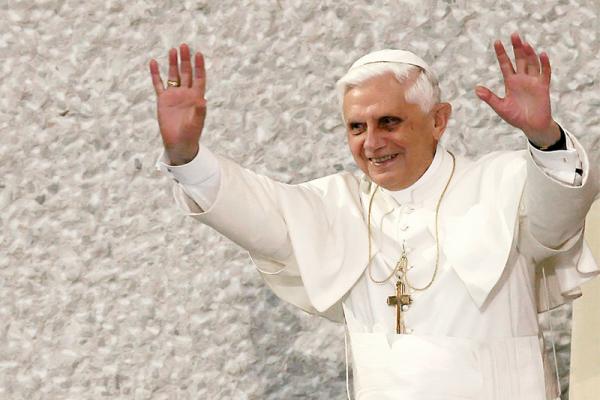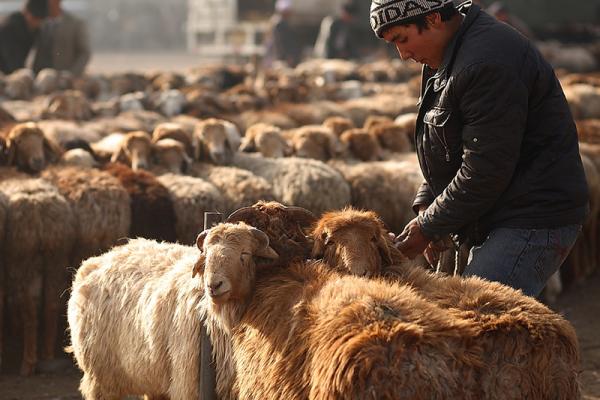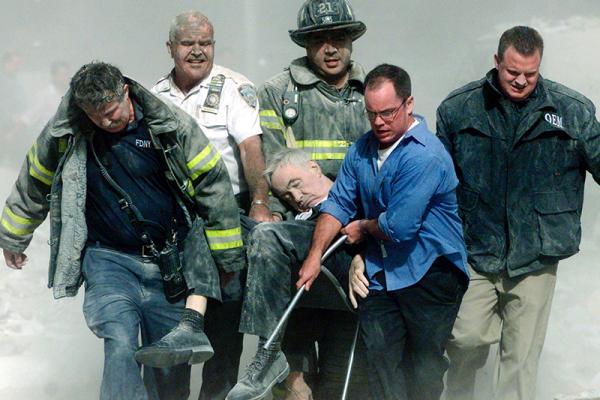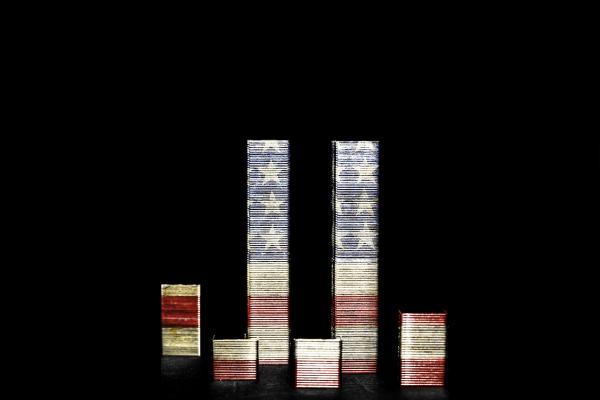Whoever set fire to a portion of the Islamic Center of Fort Pierce, Fla. has “terrorized our community,” a spokesman said, but the mosque will be reused as soon as possible.
The blaze at the facility — where Orlando Pulse nightclub mass shooter Omar Mateen used to worship — started at 12:40 a.m. Sept. 12. The cause is under investigation, fire officials said.
A video shows a person approaching the east side of the building just before a flash appears and fire breaks out, according to the St. Lucie County Sheriff’s Office.
Sept. 11 left the country in shock, raw, reeling, and devastated from the scale of terror and the overwhelming loss of life. The 15-year anniversary of Sept. 11 provided occasion for mourning, weeping, and sitting with the grieved. But on Sept. 12, many took to Twitter to express the catastrophic effects of the U.S. acting out of its trauma and grief for the past 15 years.
Centuries ago, of course, the love lives of the popes — and cardinals and various powerful prelates — became a source of constant fascination and scandal. In these days of great anxiety in the church about the role of gays and gay rights, leaking stories about papal crushes can also be useful for signaling that a pope is straight, and not just straight but also virile and seriously attractive to women, an attraction he naturally must renounce.
But it’s still a balancing act — trying to advertise a pontiff’s shared humanity with the flock while not encouraging prurient speculation.
As millions of Muslims worldwide sharpen their knives for the annual animal slaughter of Eid al-Adha, some have been left disturbed by their community’s high level of meat consumption.
Walk into any mosque on Sept. 12, the first day of Eid al-Adha for most U.S. Muslims. Chances are, worshippers’ plates will be loaded up with chicken, beef, or lamb.
“It’s as though they think eating meat is obligatory in Islam,” said Mohamed Ghilan, a vegan and student of Islamic jurisprudence in Vancouver, Canada. “And so many people believe that slaughtering an animal on Eid is obligatory, too.”
Brock Turner’s case is not an isolated incident of a poor judge or a flawed judicial system. The roots of Brock Turner’s three month sentence goes deeper than the courtroom in Santa Clara, Calif. These roots extend deeply into the soil of power, privilege, and patriarchy — systems actively formed, in part, by misdirected Christianity. Eldredge, Harris, Driscoll, and Piper are only four recent examples of a harmful narrative that has been preached for centuries.
Amos saw that economic exploitation takes many forms. Sometimes it might even appear as a shiny new app. For Amos, “socioeconomic reorganization without compassion is not acceptable.” Nearly 3,000 years later in today’s gig economy, the same must be true for us.
A generation ago, a curator at the Israel Museum in Jerusalem noticed a man saying Kaddish, the prayer of mourning, in front of a seder plate.
When she learned the plate belonged to the man’s sister, who was murdered in the Holocaust, the curator gave him a life membership to the museum because the ritual object, which had been a wedding gift, was the closest the mourner could get to his sister’s remains.
That man, Herbert Kahn, was the father of Tobi Kahn, one of the 13 artists whose work will be on display at the National Sept. 11 Memorial Museum for the next 16 months in an exhibit called “Rendering the Unthinkable: Artists Respond to 9/11.”
In August 2016, as the 15th anniversary of the 9/11 attacks loomed, religious leaders tuned into a webinar to prepare themselves for a possible future disaster.
“Who was the first official casualty of 9/11?” asked Monsignor Stephen Rossetti, a Catholic priest and psychologist who led the webinar on “Shepherding in Tragic Times.”
“Father Mychal Judge,” he said, answering his own question, and referring to the priest who was fatally injured while ministering amid the chaos of the North Tower lobby.
Of course, those places were disappearing even when I lived there — that’s part of the charm of New York City, things come and go. In the city that’s very name has been changed to stay current, old things are constantly made new.
But it never became less jarring to note the Twin Towers’ absence on the horizon.
An effort by the Standing Rock Sioux Tribe to stop the construction of a four-state Dakota Access oil pipeline was denied by a federal judge on Sept. 9, according to the Chicago Tribune.
Shortly following the court decision, the U.S. Department of Justice, the U.S. Army, and the U.S. Department of the Interior issued a joint statement ordering suspension of the construction of the pipeline.
